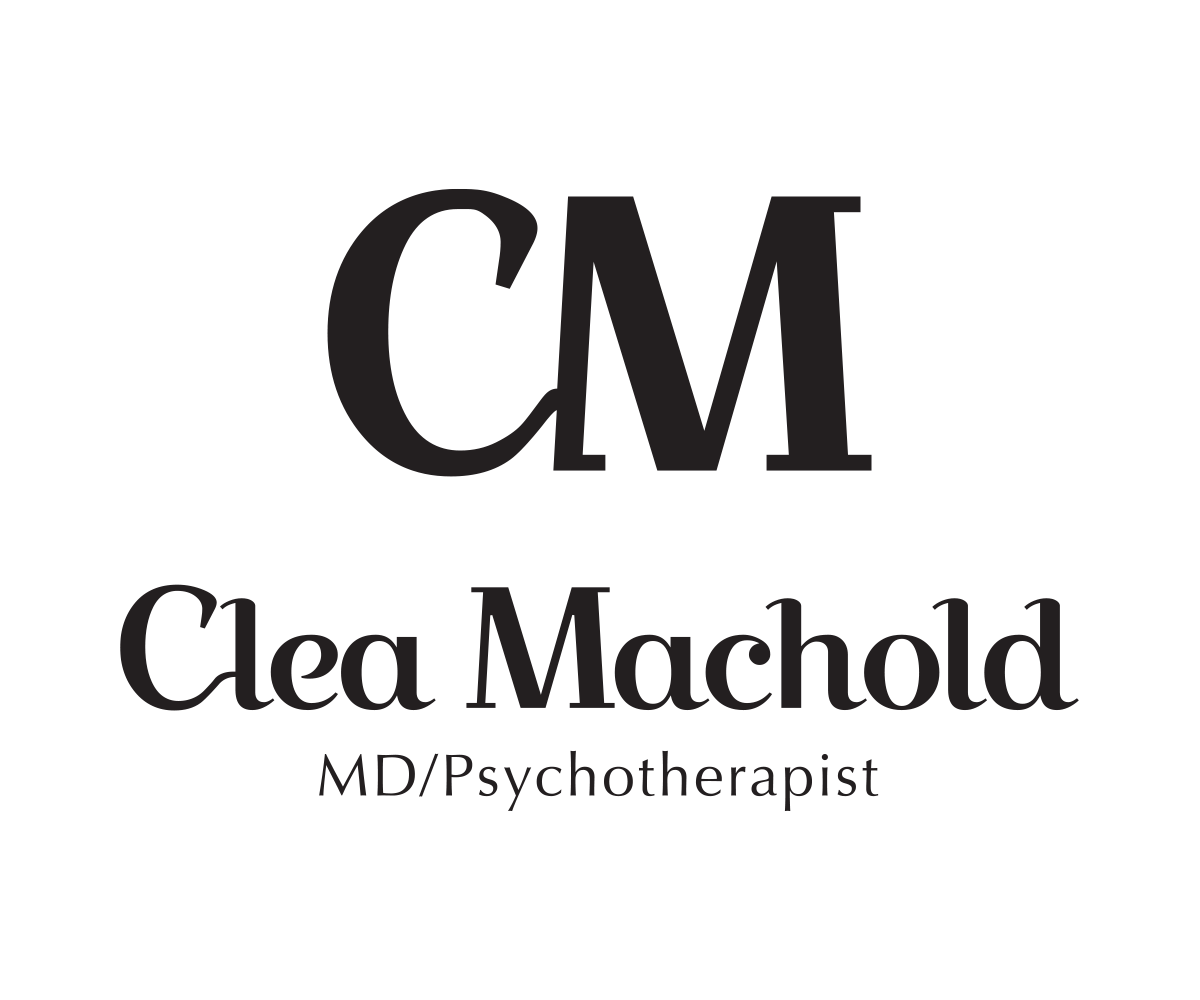Is something in your life causing suffering? Do you want to feel better but are unsure how or where to start? Are you a first responder? You are not alone. You can feel better. You can achieve your goals.
The greatest gift we can give ourselves, loved ones and the universe is personal healing. I look forward to meeting you where you are to help you with this journey.


I am Clea Machold, MD/Psychotherapist. I have extensive experience in health care as a family physician, psychotherapist and medical journalist.
Originally from Creemore, Ontario, I have lived in Austria, Germany, Ireland, France and the United States, and now call Kolapore, Ontario home. I encourage my patients to strive for a healthy work-life balance, and also try to practice this myself. I am compassionate, creative, curious and professional. I love the outdoors, running, skiing, listening to music and writing.

I acknowledge that Clea Machold Mental Health is situated on the traditional land of the Anishinaabeg peoples in the area that is now Collingwood. This land is also Treaty territory of the Lake Simcoe-Nottawasaga Treaty of 1818. I acknowledge the enduring presence of First Nation, Métis and Inuit people on this land and am committed to moving forward in the spirit of reconciliation and in a relationship based on respect and cooperation. I wish to acknowledge the people who have walked this path before me, those who walk on it now and the future generations who have yet to walk upon it. I am grateful for the opportunity to live, work and play on this land.
